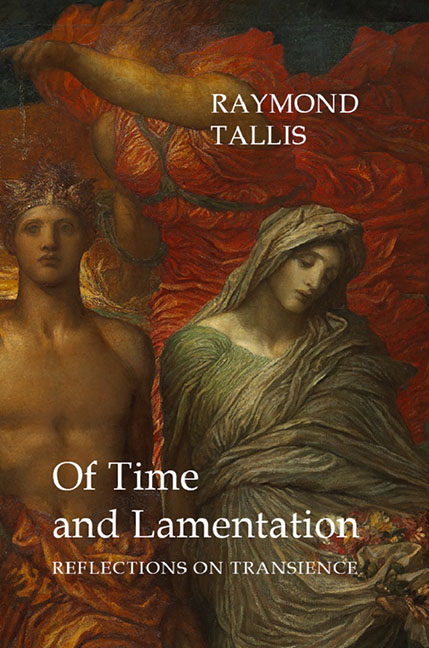Chapter 11 - The onlooker: causation and explicit time
Published online by Cambridge University Press: 09 August 2023
Summary
INTRODUCTION
Our inquiry so far has had three major aims. The first has been to rescue time from physics, where, reduced to a tenseless parameter little “t”, it is in danger of disappearing altogether. Our approach was to expose the inadequacies of envisaging time as a pure quantity. The second has been to do justice to the richness of temporal experience by thick descriptions of time as it is lived, whether it is the tensed time of everyday life, or the after-image of time imagined in eternity. And, in the previous chapter, we have tried to determine what remains of time after we strip it of metaphors, such as those of passage, in which we clothe it in our everyday time talk.
Removing these accretions has not (unlike the search for the heart of an onion) left us with nothing. There seems to be something corresponding to “time in itself”; at any rate, we cannot remove time from our account of the world without that account being calamitously incomplete. We cannot translate “before” and “after”, temporal location and temporal duration, “not yet”, “now” and “no longer” into something other than time. They are part of the irreducible furniture of the world – just as hopeful anticipation, backward looking regret, expectation, recollection, hurry and calm, patience and impatience and countless other manifestations of our time-consciousness are ineradicable features of every moment of human life. Time, in other words, cannot be extruded from our changing world; nor, however, can it be extracted as a kind of juice from the ooze of process. In this respect, its existence is syncategorematic, as philosophers would say, though this makes it in no way inferior to space. Objects, after all cannot occupy or (if you are a relationist) sustain space without enduring through time. And entirely empty space, void of objects, not populated and triangulated by events, is as problematic as a temporal vacuum, even though the fact that we seem to see space directly and see time only indirectly, makes the idea of a spatial vacuum intuitively more acceptable: we can, that is to say, deceive ourselves over space more readily because we can visualize it.
- Type
- Chapter
- Information
- Of Time and LamentationReflections on Transience, pp. 501 - 556Publisher: Agenda PublishingPrint publication year: 2017



